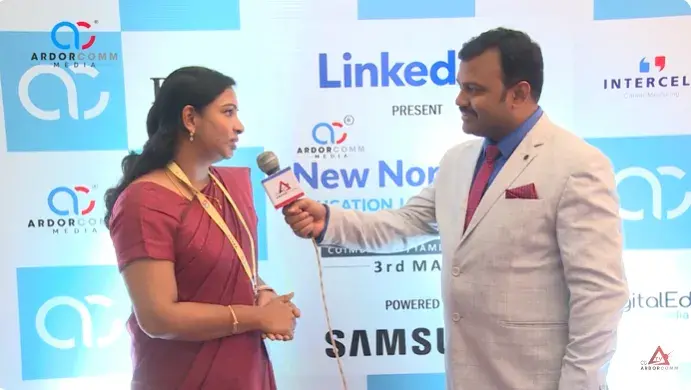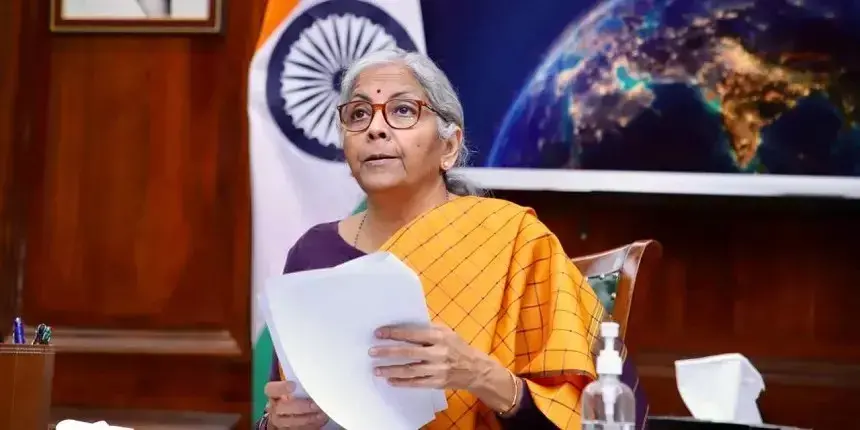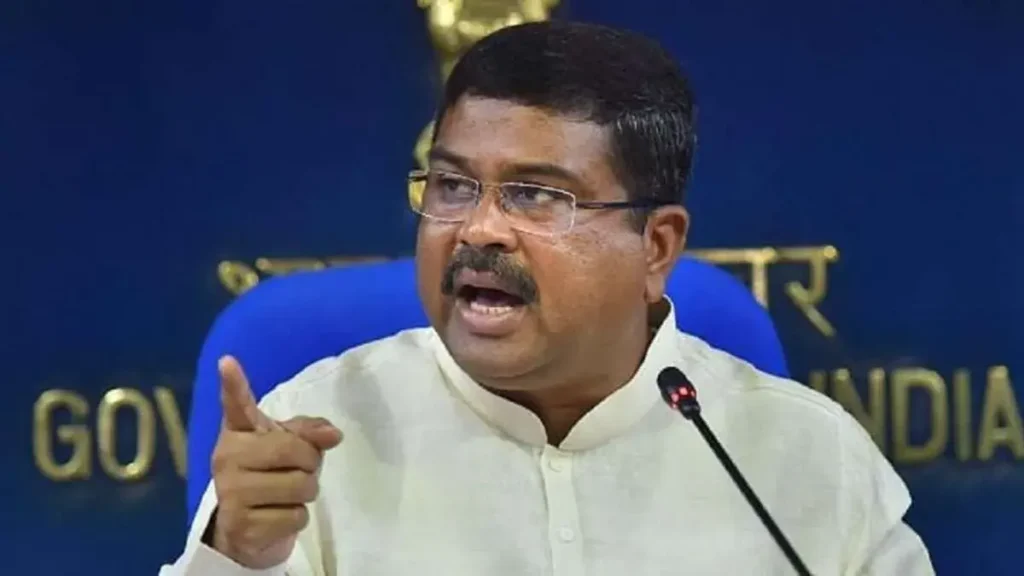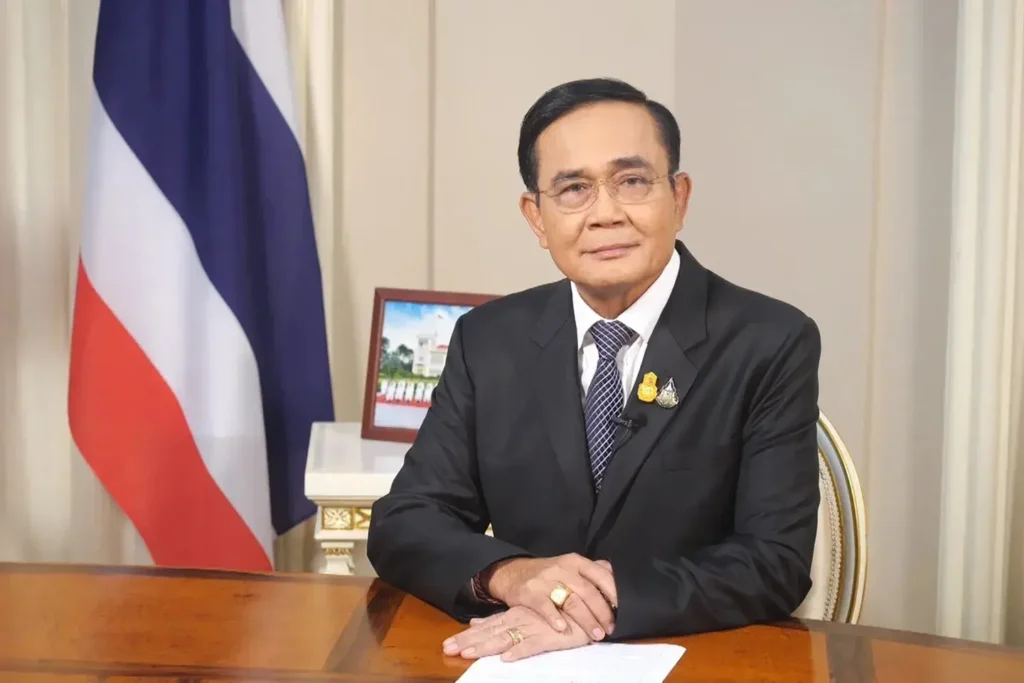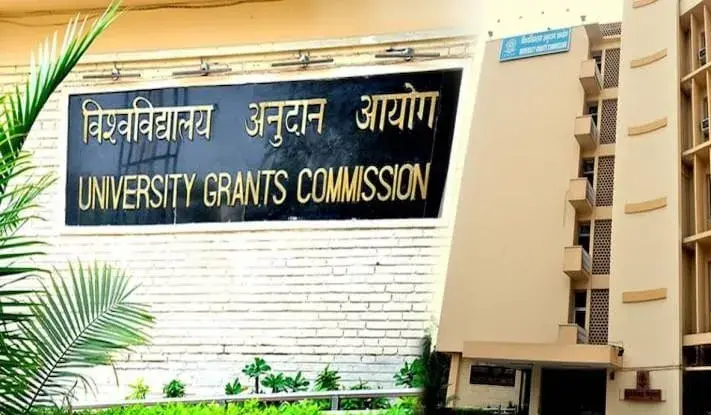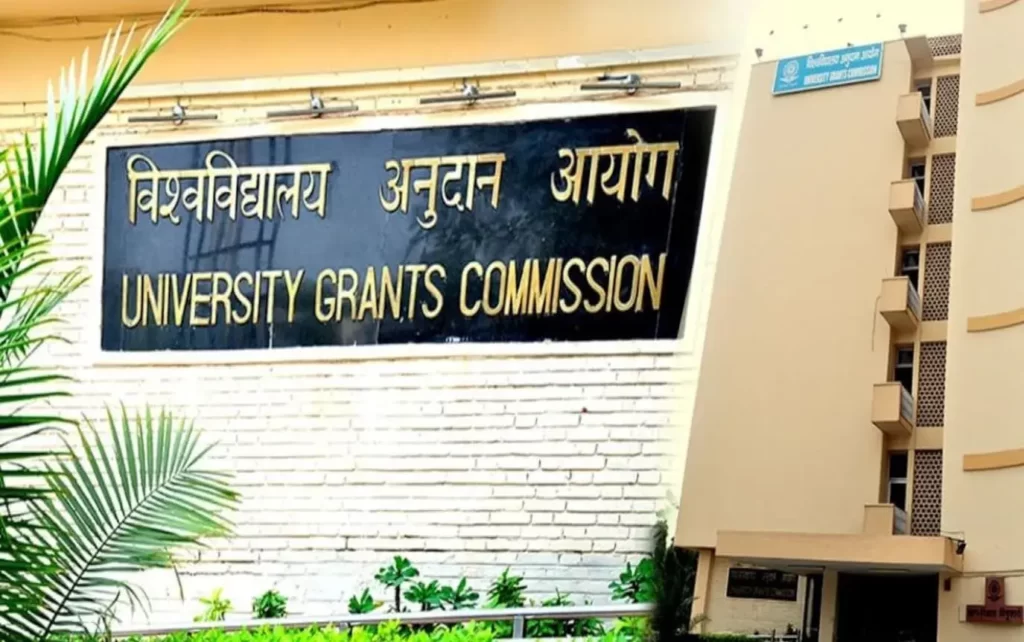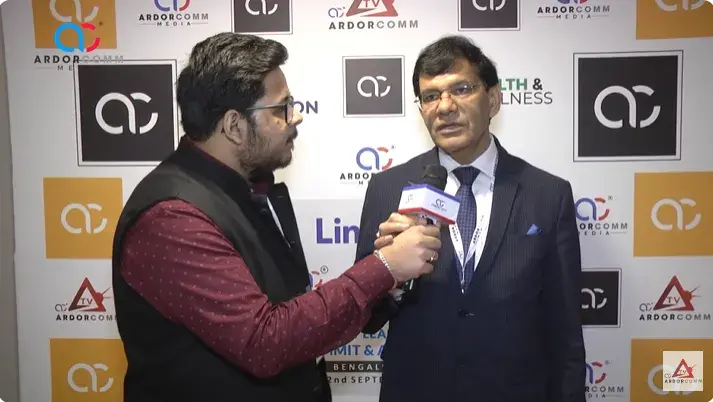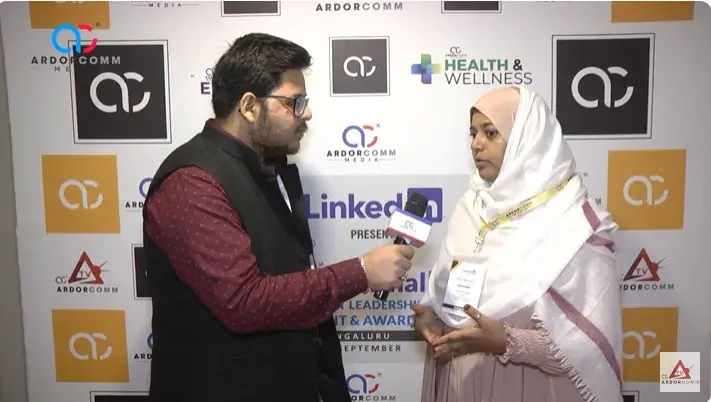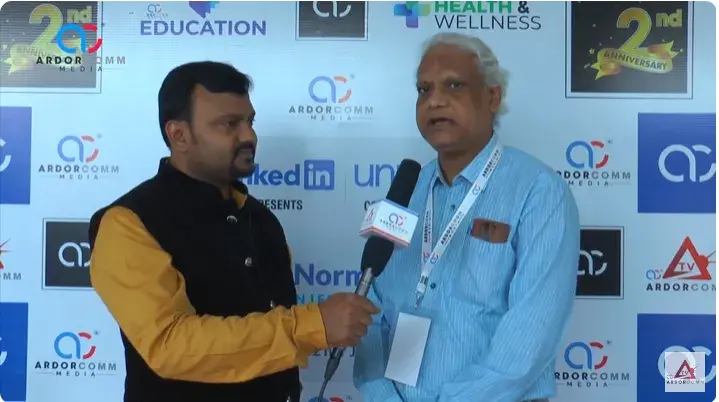Higher Education Minister MC Sudhakar Criticizes NEP at Bangalore University Convocation
At the 59th convocation of Bangalore University held at the Jnana Jyothi Auditorium on Tuesday, Higher Education Minister MC Sudhakar openly criticized the National Education Policy (NEP) in the presence of University Grants Commission (UGC) Vice-Chairman Deepak Kumar Srivastava. Sudhakar’s remarks came after Srivastava, the chief guest, praised the NEP for bringing “spectacular change” to India’s education landscape. In his address, Srivastava highlighted NEP’s “path-breaking initiatives,” including the multiple entry-multiple exit system, automated permanent academic account registry, and national credit framework, which he believes are game-changers for higher education in India. However, Sudhakar, speaking next, raised concerns about the NEP’s practicality, pointing out that it overlooks on-ground challenges such as faculty shortages. “After the emergence of private universities, RGUHS, VTU, and similar institutions, many of our universities and colleges have become solitary, single-discipline institutions. For instance, when a student wants to study an open elective like AI, where is the faculty for it? If IITs have a 20% vacancy rate, imagine the condition of ordinary colleges,” he argued. Sudhakar emphasized that except for some private universities offering multidisciplinary programs under one umbrella, public universities struggle to implement such initiatives. The minister further questioned the multi-entry, multi-exit system, describing it as debatable and highlighting Karnataka’s decision to reintroduce its state education policy with a three-major system and empowered boards of studies. “We have a reason for opposing NEP. It is crucial that the interests of public universities are safeguarded,” he said. Sudhakar’s critical stance isn’t new; he had previously questioned the credibility of the National Institutional Ranking Framework (NIRF) during a convocation event at Bengaluru City University, directly addressing UGC Chairman M Jagadeesh Kumar. Despite the controversy, the convocation marked a significant milestone with 26,210 students receiving their degrees. Renowned music director Gurukiran and KS Rajanna, former commissioner under Karnataka’s Persons with Disabilities Act, were awarded honorary doctorates. Governor and Chancellor Thaawar Chand Gehlot were notably absent from the event. Sudhakar’s comments reflect ongoing tensions between state and national education policies, particularly regarding the viability of NEP’s ambitious reforms in the context of existing institutional challenges. Source: Times of India
Higher Education Minister MC Sudhakar Criticizes NEP at Bangalore University Convocation Read More »


